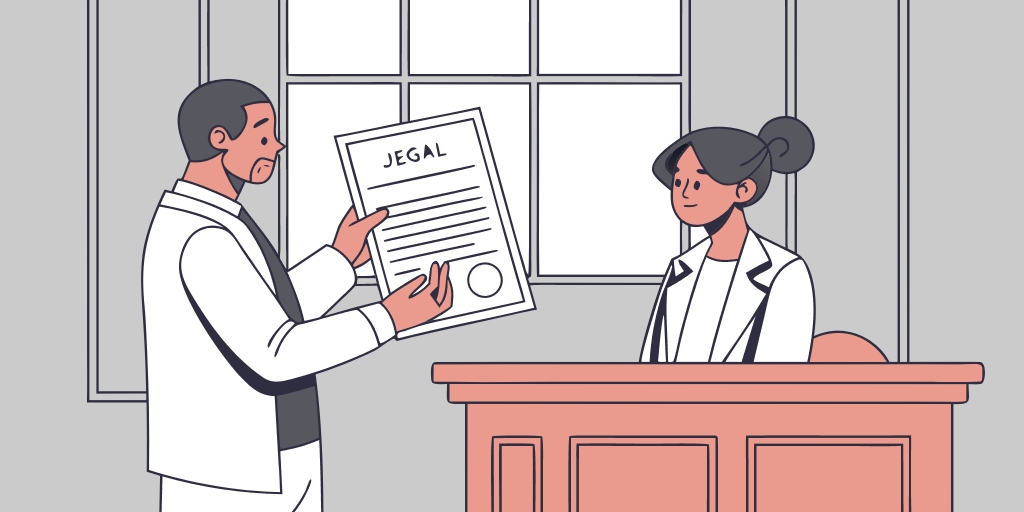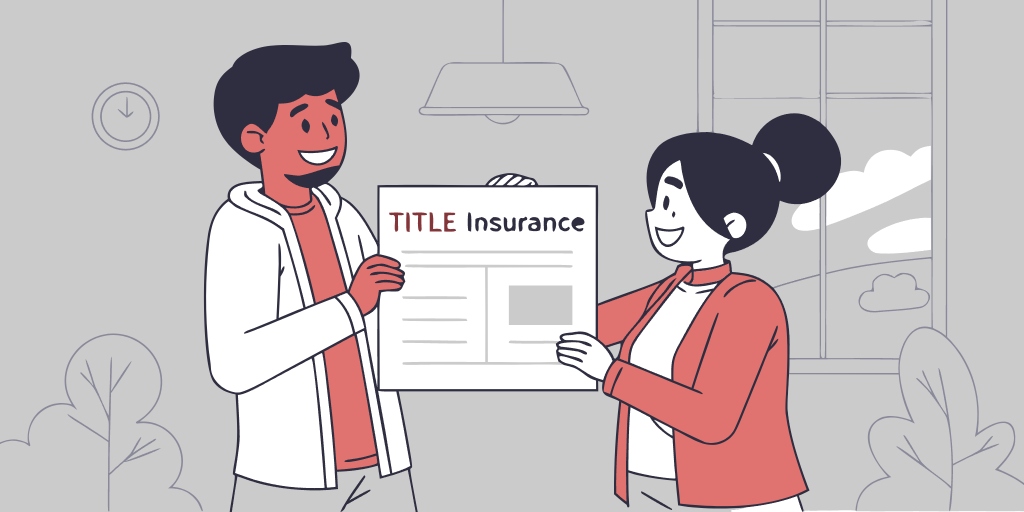Canada's housing markets in Toronto, Calgary, and Vancouver are going through their biggest slowdown in over 10 years. After years of crazy growth followed by a sharp cooldown, buyers, sellers, and curious homeowner want to know one thing: when will things get better?
Here's what the 2025 data tells us: Canada's housing recovery will be slow and different in each city. Calgary will bounce back first, while Toronto and Vancouver will take longer. Three things need to happen for markets to improve: interest rates need to stay low, trade problems with the US need to be fixed, and we need the right balance of homes for sale.
First, how did we get here?
To understand today's market, we need to look at what caused this mess. Four main things happened at once to cool down the market:
Interest Rates Shot Up Really Fast
The Bank of Canada raised interest rates from almost 0% to 5% between March 2022 and July 2023. This made buying homes much more expensive. About 85% of people renewing their mortgages in 2025 got their original loans when rates were 1% or lower, so they're facing huge payment increases. Even though rates have come down to 2.75%, many people still can't afford to buy.
Government Rules Made It Harder to Buy
The government put in several new rules that reduced demand. They banned foreign buyers (extended to 2027), added big taxes for non-residents, and cut immigration targets from 500,000 to 395,000 new people per year. These policy changes removed many buyers from the market.
Trade Wars Made Everyone Nervous
Tariffs of 10-12% on Canadian exports have hurt the economy. Unemployment hit 6.9%—the highest since 2012. When people worry about losing their jobs, they don't buy houses. This uncertainty made potential buyers wait and see what happens.
Too Many Condos, Not Enough Buyers
Toronto has way too many condos for sale. There are 58 months worth of condos available—14 times more than in 2022. Over 2,800 condo projects were cancelled in 2024, but new ones keep getting built. Vancouver has similar problems with too much rental housing being built.
What's happening right now?
The numbers show just how much things have changed. These aren't small shifts—the entire market has flipped:
Toronto: Buyers in Control
Toronto's market now heavily favours buyers. There are more homes for sale than we've seen in over 10 years, and homes sit on the market for 42 days instead of just 30 days like last year. Only 31% of new listings sell quickly.
What's happening in Toronto (2025):
- Average home price: $1.1 million (down 5.4% from last year)
- Homes for sale: 27,386 properties (most since 1996)
- Time to sell: 42 days (vs. 30 in 2024)
- Quick sales: Only 31% of listings
Vancouver: Sales Hit Rock Bottom
Vancouver has over 17,000 homes for sale, but very few people are buying. June 2025 had the lowest sales in 25 years, showing that buyers are really hesitant even though homes are more affordable.
What's happening in Vancouver (2025):
- Average home price: $1.17 million (down 2.8% from last year)
- Homes for sale: 17,094 properties (up 25.7% from last year)
- Sales: 25.8% below normal levels
- Expensive homes ($4M+): 51% fewer sales than last year
Source: CREA Vancouver Statistics
Calgary: Still Doing Better Than the Rest
Calgary is different. While sales dropped 17% in May 2025, they're still 11% higher than normal, showing the market has strength. The city is moving from too few homes for sale to a more balanced market.
What's happening in Calgary (2025):
- Average home price: $586,200 (down 3% but some areas up 3.7%)
- Months of supply: 3+ months (used to be under 1 month)
- Sales: 11% above normal levels
- Population: Still growing as people move from Toronto and Vancouver
Source: Calgary Real Estate Board
What's the sentiment about buying homes?
People's attitudes about buying homes have changed a lot. CMHC's 2025 survey of over 4,000 Canadians found that 79-82% of people still think buying a home is a good long-term investment. But most are worried about timing their purchase right.
On social media, the frustration is real. Reddit's r/canadahousing community has over 13,800 members who organize funny but pointed billboard campaigns with messages like "Can't Afford a Home? Have You Tried Finding Richer Parents?" This shows how fed up people are with high prices, even though conditions favor buyers right now.
Real estate experts notice that today's buyers are much smarter than before. About two-thirds make budgets before looking, and 70% keep money aside for unexpected costs. This is very different from the panic buying we saw in previous years.
What needs to happen for markets to improve?
Three big things need to happen before Canada's housing markets get better:
1. Interest Rates Need to Stay Low and Stable
Rates need to get to 2.25-2.75% and stay there. TD Economics research shows that "real estate responds faster to borrowing cost changes than almost anything else." But trade problems with the US make it hard for the Bank of Canada to cut rates more.
Royal LePage's Phil Soper says that "when the Bank of Canada reaches neutral rates—not slowing or speeding up the economy—investor confidence will jump." Most experts think this will happen by late 2025 or early 2026.
Right now, mortgage rates are 4.84-5.64% for 5-year fixed mortgages. That's down from peaks above 7% but still much higher than the near-zero rates that made buying easy before.
2. Trade Problems with the US Must Be Fixed
The trade war with America needs to end so businesses and people feel confident again. Tariffs of 10-12% have hurt Canada's economy badly, with TD Economics saying the economy will keep shrinking through mid-2025.
CMHC has three different predictions for housing recovery, all based on what happens with tariffs. Solving trade tensions is the difference between a small recovery and continued problems. People won't buy homes if they're worried about losing their jobs.
3. Too Many Homes in Some Places, Not Enough in Others
We need to fix the imbalance between cities with too many condos (Toronto/Vancouver) and places that need more affordable homes. CMHC says that "home construction will slow down" because investors are pulling back, but it should stay "above normal levels."
The rental market might help. As new rental buildings open, rental prices could drop, making it easier for renters to eventually buy homes. Calgary and Edmonton have been building the most homes in Canada, showing how cities can respond when they make it easier to build.
People moving between cities also matters. While fewer immigrants are coming to Canada, Calgary keeps attracting people from Toronto and Vancouver who want more affordable homes. This helps Calgary's market even as other cities slow down.
When will each city recover?
Different cities will bounce back at different speeds based on their unique situations. Keep in mind, this is just a prediction based on current data.
Calgary: First to Recover (2025-2026)
Calgary will likely recover first, and experts at PwC and CMHC call it a "top market to watch." Calgary has several advantages:
- Strong job market in energy and tech
- Much cheaper homes than Toronto/Vancouver
- People keep moving there from expensive cities
- Home prices still up 3.7% this year to $646,147 despite the slowdown
Calgary's market is moving from too few homes to a balanced market with 2.6 months of supply (up from under 1 month). This shows the market is getting healthier, not crashing.
Toronto: Longer Road Ahead (2026-2027)
Toronto faces bigger challenges that will take longer to fix:
- Way too many condos: 58 months worth vs. only 4 months in 2022
- Homes cost too much for most people
- More homes for sale than in almost 30 years
RBC's Robert Hogue warns that "Toronto condo prices could drop more because there are so many for sale." Recovery depends on selling all these extra condos, which could take until 2027.
Vancouver: Mixed Signals (2025-2027)
Vancouver sits somewhere in the middle:
- Fewer new homes being built than Toronto helps stability
- But homes still cost too much for most buyers
- BC's economy depends on trade, which is uncertain right now
- June 2025 had the lowest sales in 25 years
Luxury homes ($4M+) saw 51% fewer sales than last year, showing expensive properties are really struggling.
What Experts Predict for All of Canada
CREA forecasts show:
- 2025: 469,503 home sales across Canada (down 3% from 2024)
- 2026: 499,081 sales (up 6.3% - recovery begins)
- 2027: Back to more normal market activity
CREA's economist Shaun Cathcart sums it up: "We went from expecting a strong rebound to basically treading water" because of trade uncertainty.
Are there any good investment opportunities right now? Is it a good time to buy?
Smart investors are finding chances to make money even in this slow market. PwC's 2025 report says "foreign investors with money will start buying Canadian real estate again, taking advantage of cheap prices."
Good investment options include:
- Data centers and cold storage buildings as alternatives to regular real estate
- Rental apartment buildings because more are being built
- Canadian REITs expected to make 20-25% returns in 2025 after losing money for three years
- Struggling development projects that well-funded investors can buy cheap
Industry experts say that construction companies are having a hard time, especially smaller ones without much money. This creates chances to buy projects cheap, but also means some new homes might not get built on time.
What should you consider?
If you're buying: This is the best time to buy in over 10 years, especially in Toronto and Vancouver. But timing still matters. Focus on good homes in strong neighborhoods and avoid buying just to speculate on price increases.
If you're selling: You need to price your home realistically and make it look great. Experts suggest that sellers should expect homes to sit on the market longer and be ready to negotiate on price.
If you're investing: There are good opportunities, but you need to be careful about which markets and types of properties you choose. Calgary offers the best mix of growth potential and lower risk, while Toronto and Vancouver might pay off more in the long run if you can wait.
The bottom line
Canada's housing markets are changing from the crazy speculation of recent years to more normal, steady activity. Recovery will take until 2027, with Calgary bouncing back first and Toronto/Vancouver following 12-18 months behind.
Here's what needs to happen:
- Interest rates stay low around 2.25-2.75%
- Trade problems with the US get fixed so people feel confident about their jobs
- Cities get the right balance of homes for sale vs. demand
While things are uncertain right now, these conditions also create the best buying opportunities in years for people with steady jobs and good down payments. As mortgage experts say, "it's not a bad time to look for a home" in the right markets if you qualify.
The next 18 months will show whether Canada gets the gradual recovery experts expect or faces more problems. Cities that fix their biggest challenges first—especially Calgary, will lead Canada's housing recovery into 2026 and beyond.
Unlock Your Seamless Closing Experience
Your Journey to a Worry-Free Closing Starts Here!



